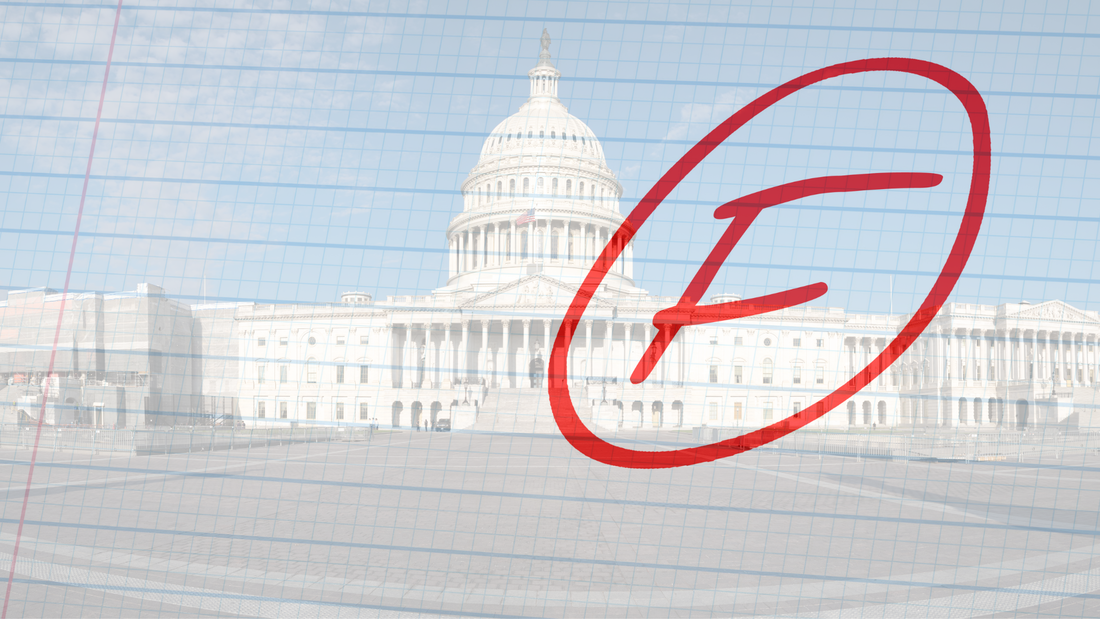|
PPSA rated the 116th Congress (2019-2021) for votes to protect the privacy of Americans from intrusive surveillance. In the Senate, for example, 77 Senators voted in 2020 for a measure that would require a qualified legal expert to represent the civil liberties interests of the American people in sensitive cases before the secret Foreign Intelligence Surveillance Court (FISC). As a result of this and other key votes, PPSA was able to rate each Member of the Senate and House on a scale of 0 to 5 on their support for privacy.
Arizona Sen. Kyrsten Sinema, for example, received a rating of 4, reflecting her strong stand in multiple votes for the measure to require civil liberties perspectives for sensitive FISC cases. As the Senate nears the end of the 117th Congress, and Senators turn their attention to the midterm elections in 2022, popular, viable, ready-to-pass bills on privacy and surveillance are at the ready. But will they actually get a vote on the Senate calendar? These measures include:
The House has done a solid job of passing bills that protect Americans’ privacy from government surveillance. Their companion bills enjoy strong bipartisan support from leaders that include Sens. Patrick Leahy, Mike Lee, Steve Daines, Ron Wyden, and others. We hope the full Senate follows their lead. We want to give all Senators a strong rating for following these privacy leaders and passing measures to restore at least some of Americans’ privacy. Comments are closed.
|
Categories
All
|


 RSS Feed
RSS Feed